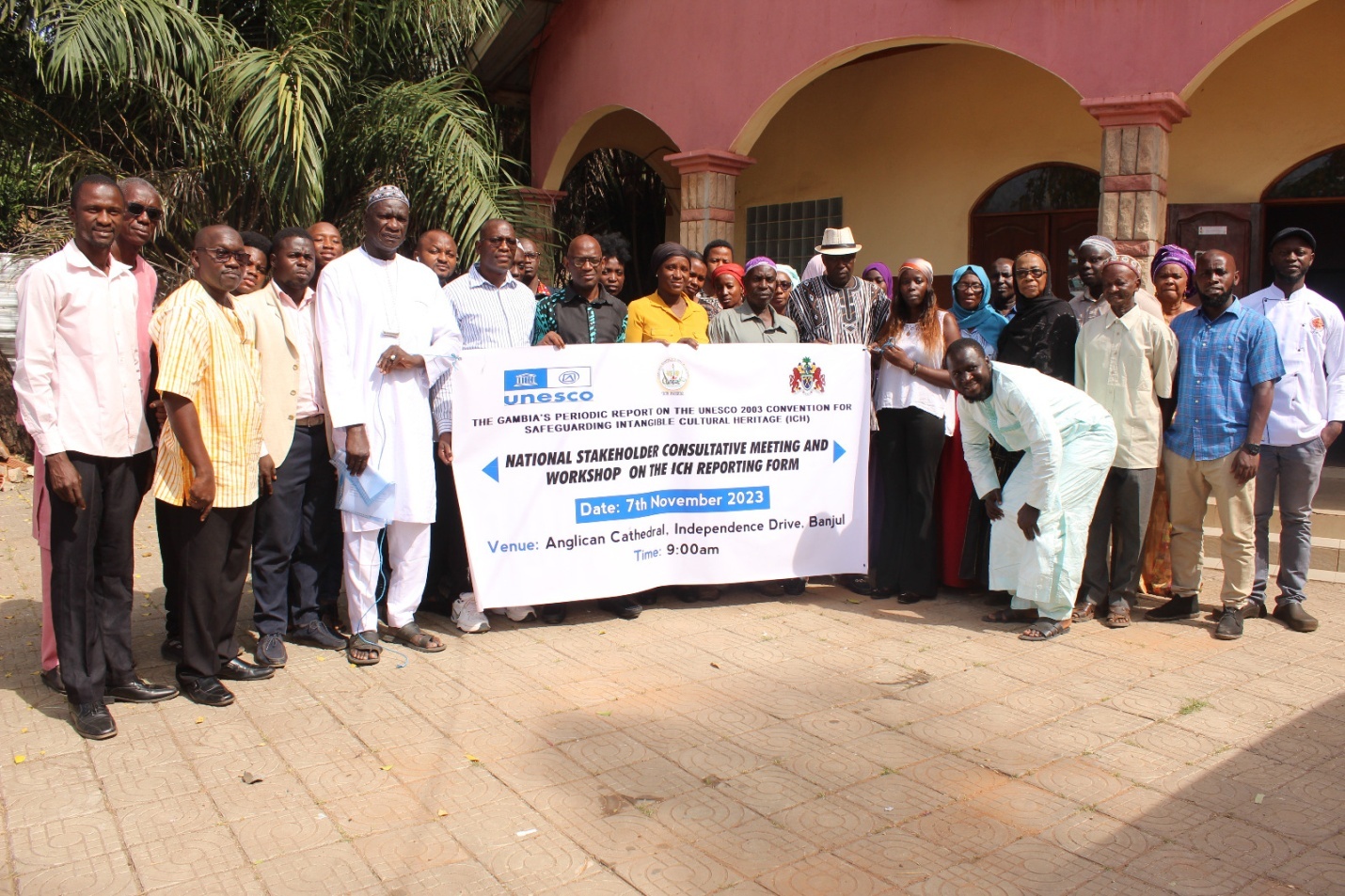By: Lamin B. Darboe
Information Officer,
Ministry of Public Service (MoPS)
Following the signing of the Access to Information (ATI) Bill into an ACT on August 25, 2021, by the Gambia Government, it has set the stage for the protection of fundamental freedoms of the citizens, making institutions more transparent and accountable, improving service delivery by public institutions and encourage public participation in matters that concern them (public).
These were the messages delivered by various facilitators at the just-ended two-day training of Information Officers on ATI Law in National Languages which ended on Wednesday at KhamsysHigher Education training Centre, Bijilo.
The training was organized by the Department of Information Services (DoIS) with funding from UNESCO through The Gambia National Commission for the UNESCO participation program 2022-2023.
According to the facilitators, the enactment of the ATI Law is a landmark event in the country’s democratic transition process, adding that the law empowers all persons to have access to information from public institutions and relevant private bodies, to promote a culture of transparency and accountability. They, therefore explained that the law is for everybody.
Having in place an ATI Law, they added, is a profound testament to the commitments of the Gambia Government to the ideal of democracy and a conviction that meaningful participation in the democratic process requires a well-informed citizenry.
“An Information Commission is being set up to facilitate the implementation of the ATI law, but some classes of information are exempted from public disclosure,” facilitators informed.
The facilitators also called on the Information Officers to give special and adequate assistance to the differently able requesters anytime they request information from public institutions.
They outlined the categories of classified information to Information Officers as follows: National security and defence, international relations, law enforcement, protection of life, health and safety or privacy of individual, commercial and confidential information of information holder or third party, cabinet proceedings, privileged communication and documents, the economic interest of the State just to name a few.
The facilitators were from GRTS -Abdoulie Cham dealt with the Wollof, Modou Joof in Mandinka, Sally Jarjue in Jola, and Ebrima Jallow in Fula languages.




